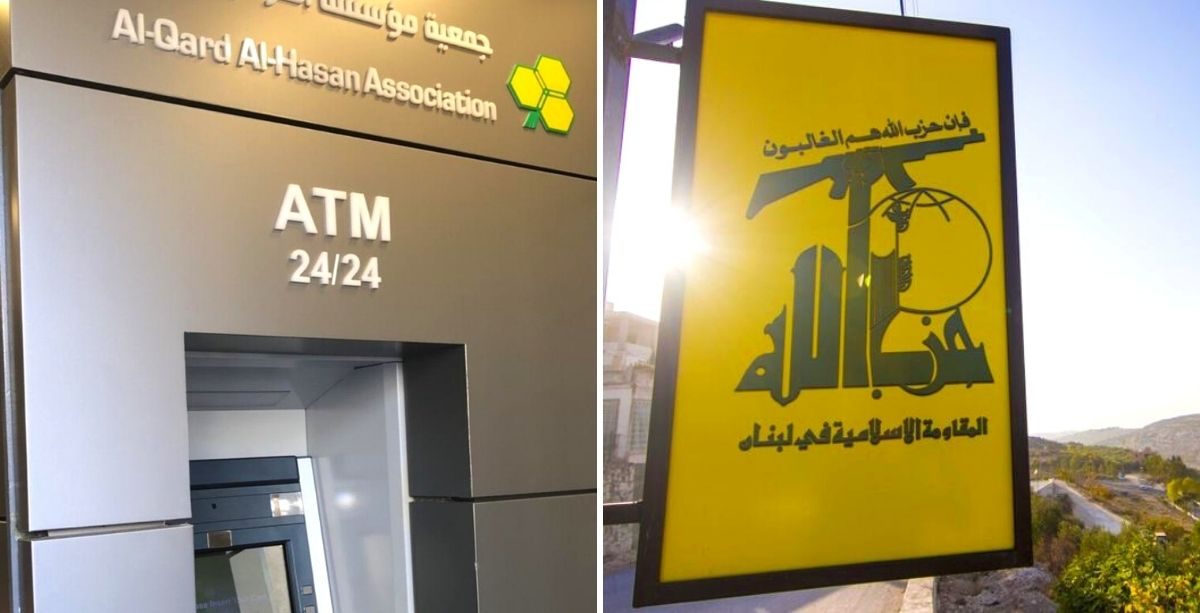Lebanon at Risk of FATF Blacklist
One of the less known and discussed topics in Persian-language media is the details of the financial and economic activities of Hezbollah in Lebanon. In recent years, the announcement of sanctions by the US and Europe against individuals and institutions related to this organization has attracted the most attention, and with the publication of the names of sanctioned individuals and companies, the public has become more familiar with Hezbollah’s businesses and activities.
However, a less known point is that a significant part of this organization’s financial and economic activities are not registered commercially or operate as official businesses even within Lebanon. With Lebanon being placed on the FATF’s gray list, attention has turned back to this issue, and now that tensions between Hezbollah and Israel have peaked, the actions of this financial monitoring body have gained increased importance.
Lebanon, which was previously facing severe banking crises and whose economic situation was deteriorating, has managed to stay afloat with difficulty and with the help of various countries. If this country ends up on the FATF blacklist, the situation will become even more difficult for the Lebanese government and people. A key point in this process is the diverse financial activities of Hezbollah in the Middle East and Latin America, which, apart from the official registration of some companies, have left little in the way of official documents and records.
Within Lebanon, Hezbollah’s well-known loan institution, known by the same name, has neither an official website nor operates as a financial institution. This institution simply exists. The Hezbollah loan institution in Lebanon, with its well-known manager Adel Mansour, manages the financial cycle of Hezbollah and its forces and operates by connecting to banks in Lebanon and other countries.
Its ATMs, which serve the members and clients of the institution, most of whom are members of the organization, are abundant and visible throughout Lebanon. During the COVID-19 pandemic and the worsening economic situation in Lebanon, the loan institution gained increasing popularity and support among Lebanese by distributing food coupons and interest-free loans, exploiting the gap created by the government’s inability. US and European sanctions against Adel Mansour and other management figures of this institution and other Hezbollah financial institutions have had no impact on its operations within Lebanon, and the success of the sanctions has largely been limited to restricting its activities outside Lebanon. However, this approach is not effective.
The hacking of the institution’s customer accounts in 2020 and the disclosure of details about a large group of them dealt a heavy blow to this institution and Hezbollah. All these blows and inefficiencies are compensated by a structure reliant on cash transactions and income from cryptocurrencies.
There is minimal production involved, and the financial aid provided to Hezbollah is transferred in cash from Beirut airport to the loan institution and other Hezbollah financial institutions. With the deadline announced by the FATF and the US and Europe’s plans to impose further restrictions on the Lebanese government in this regard, significant days lie ahead for the government and people of this country. The Lebanese government has already granted many concessions to Hezbollah in this area, and this organization, which pays no taxes, has easily placed the country at risk of a new major threat.

